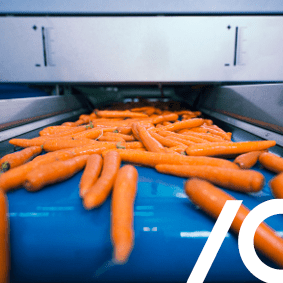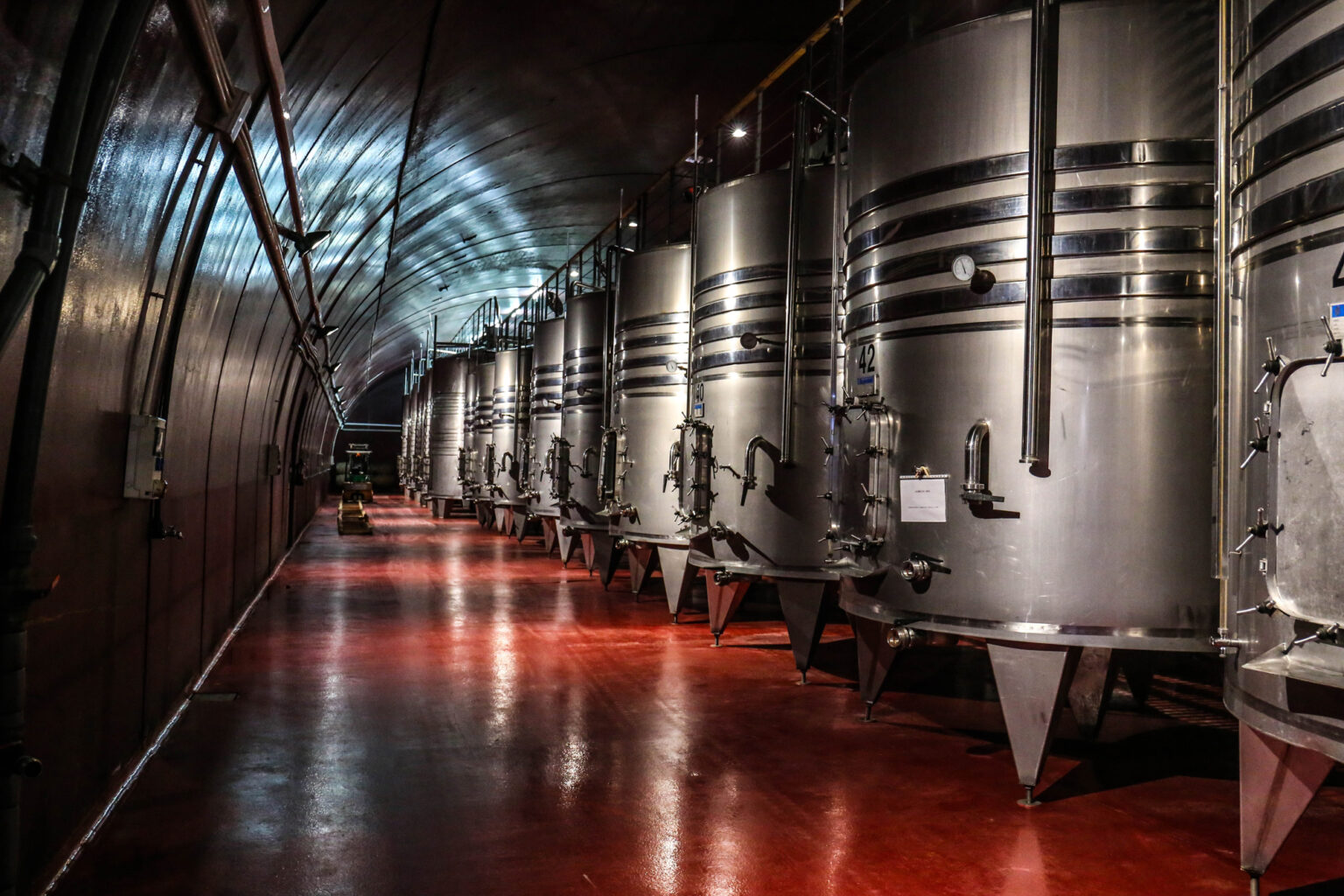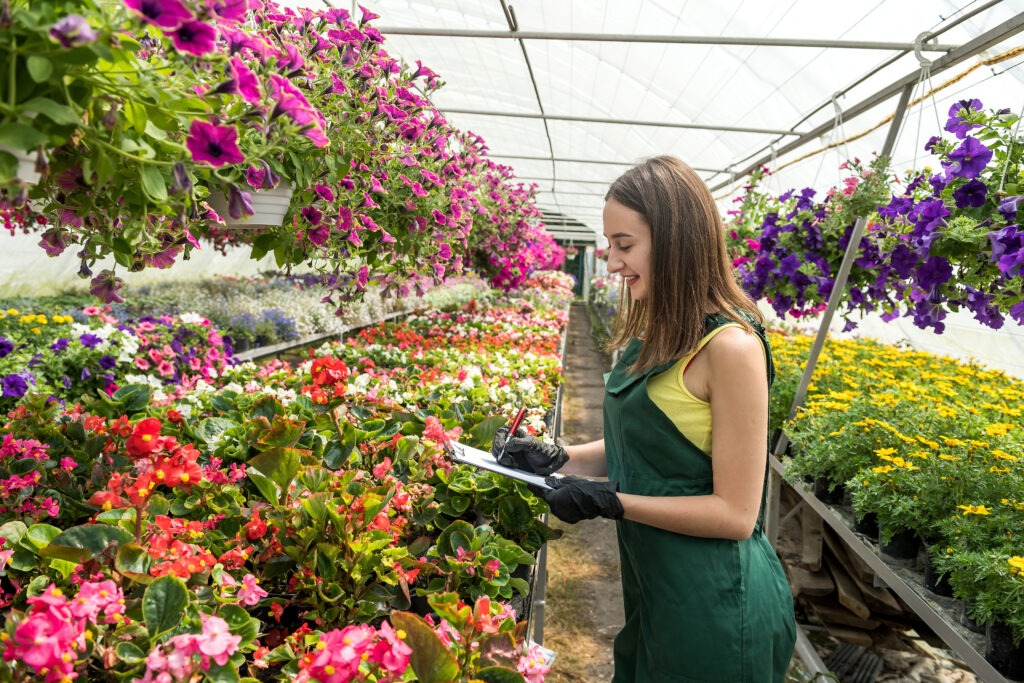 Productivity.
Productivity.
Productivity.
Food production has among the lowest margins of all manufacturing sectors, particularly for bulk volume, low value goods like cereals, bread, milk & dairy and vegetables. Manufacturers are seeking to apply new technology such as IoT to increase yield and track and minimise waste, from the “farm to fork”. Tracking yield and machine performance in such a price-sensitive business is vital.
Food manufacturers need to see waste – material, machine and employee – more than any other sector. Resource management, execution management and performance analysis tools combined will paint a much clearer picture of the wastes and their location in the food factory.
How to Improve Planning and Delivery to Customers




